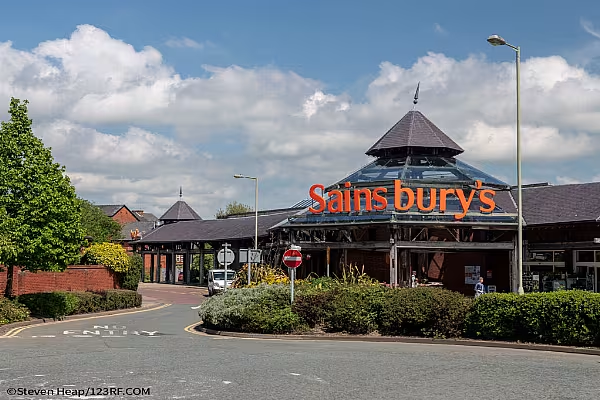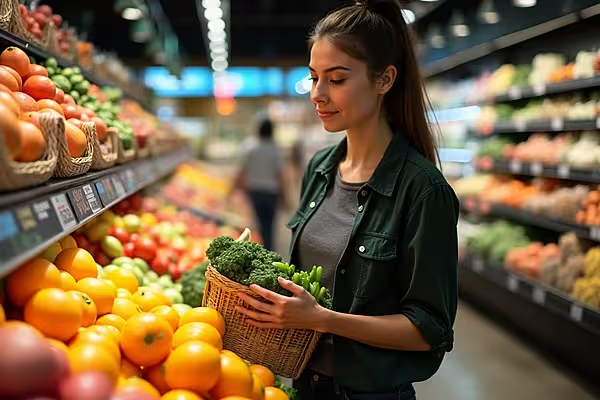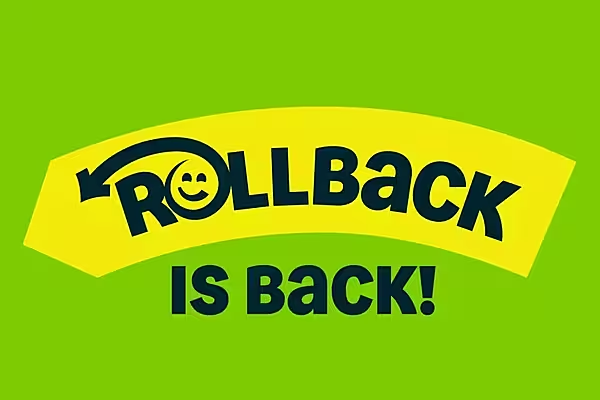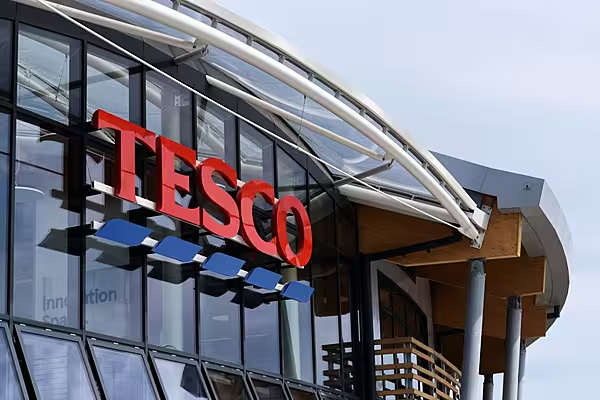Sainsbury's has reported a 2.9% increase in revenue in the first quarter of its financial year, with like-for-like sales down 2.3%.
"We have outperformed key competitors on both a one and two-year basis while also delivering strong underlying profit growth, improved returns and consistent retail free cash flow," commented chief executive Simon Roberts. "This gives us a strong foundation to keep building momentum in the year ahead."
Here's how leading industry analysts viewed its performance.
Russ Mould, AJ Bell
“It’s lucky that Sainsbury’s has adopted a ‘food first’ strategy because its general merchandise sales are very disappointing of late.
Argos has been a drag on the business in recent quarters and a decline in sales could get even worse as its products are precisely the type of thing that consumers may cut back on. It’s an easy decision for anyone trying to curb their spending amid the cost-of-living crisis to stop buying nice to have but non-essential items sold by Argos. Think trampolines, bedroom furniture and toys.
“Argos originally helped to broaden the appeal of Sainsbury’s to shoppers, but now it seems to be getting in the way. A lot of effort has gone into moving Argos’ operations out of standalone stores and into supermarket concession units so it’s unlikely that the operation would be put up for sale any time soon. But if Sainsbury’s continues to push hard on the ‘food first’ strategy, one could speculate that Argos might find a more loving owner elsewhere.”
Clive Black, Shore Capital
"Sainsbury's delivered a very strong FY22 (a small beat) with shareholder friendliness commenced through an increase in the FY22 DPS of 24%, and a raised pay-out ratio to 60% in the future. Tough current market conditions, despite material cost savings, means Sainsbury guides to a £630 million to £690 million FY23 CPTP range (we go for £636m).
"We expect notably more shareholder friendliness by FY24; "specials" and/or buybacks. A FCF yield of >8%, capital discipline, asset backing, a 5.5% dividend yield and relative defensiveness suggest virtues for a consumer equity portfolio."
Honor Strachan, GlobalData
“While Sainsbury’s has this morning reported an impressive 25% uplift in underlying profit before tax on 2019/20 (+104% on last year), reaching £730m, the market has responded to the grocer’s downcast forecast for the current financial year with profit guidance of £630m to £690m – at worst a 13.7% decline on 2021/22.
"Continued cost savings across the business – including integrating supply chains in the general merchandise division and reducing front of house store costs such as closing instore cafes and hot food counters – will not be enough to offset the investment it is making in price to limit the impact of inflation for customers and to protect volume performance.
"Over the year, Sainsbury’s has rightly invested in its value position and has recently extended its Aldi price match scheme which now includes 150 fresh products. This was essential to help shift consumer perception that the grocer is more expensive than rivals, especially now that we are in a period where consumers are looking to trade down and make savings.
"Sainsbury’s has also invested in product quality and innovation, namely in its Taste the Difference range (15% sales growth on 2019/20) which it must leverage as consumers consider trading down from branded goods to private label alternatives. However, we do expect a level of trading down across its private label price architecture which will impact revenue and margin performance."
William Woods, Bernstein
Sainsbury's [...] guided UPBT downwards YoY to £630 million to £690 million vs. £730 million FY21 (decline of -5 to -14% YoY) as they expect volume benefits during lockdown to reverse and pressures on margins from not passing on inflation.
"FY22/23 guidance is well below (-2 to -10%) company collected consensus expectations of £703 million. FY21/22 retail LFLs came in at -2.3%, missing consensus expectation of -2.1% by -20bps, consistent with the poor performance we see in our Kantar data. However, UPBT is in line at £730 million as growth in higher margin clothing sales offset decline in grocery and GM."
© 2022 European Supermarket Magazine – your source for the latest Retail news. Article by Stephen Wynne-Jones. Click subscribe to sign up to ESM: European Supermarket Magazine.













